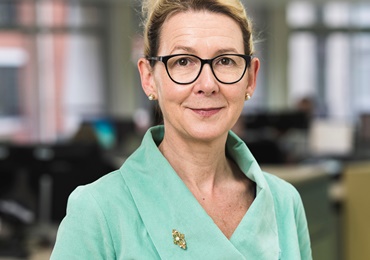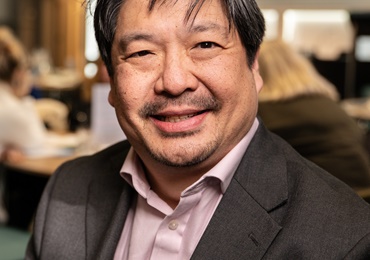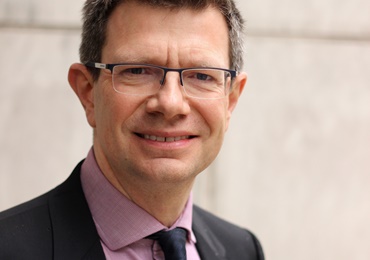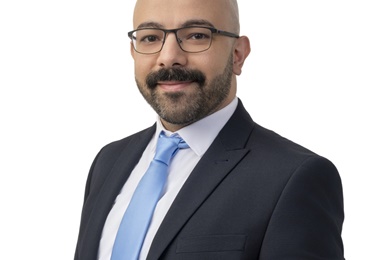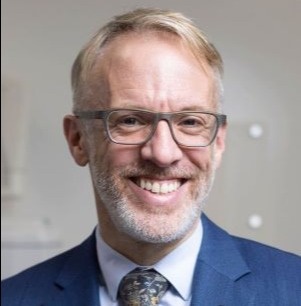Black Leaders Matter: leadership in dentistry, part 1
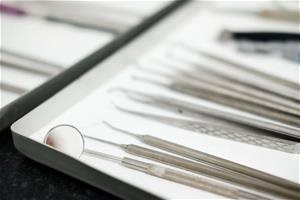
Funmi Oluwajana reflects on identity and leadership in dentistry, in this first part of two blogs on BAME professionals in leadership roles, and how her differences have a positive impact on her leadership style and skills, and the organisations she’s worked for.
A quick Google search for leadership skills will provide a plethora of links to pages and articles that list the key traits for effective leadership. Some of this is bound in evidence, some is not, but almost all sources agree that relationship building, influence and followership are essential skills of a successful leader. In order to do these things well, leaders need to be visible to those they are leading. But how does this work when you are either completely invisible because of institutionalised racial discrimination, or palpably visible because the colour of your skin for a person in your position is not considered the norm. Building relationships in order to inspire and create followership is a challenge for any leader. However, we need to acknowledge the added challenge of doing this successfully as a black (and female) leader, in a predominantly white working world.
The first thing people notice about me is my skin colour (I’m black) and my gender (I’m female). This is completely normal. However, it may create an unconscious barrier to the relationship I am trying to build and to my potential influence, because my being black (and female) illegitimizes my position, my capabilities and my power. How am I to lead effectively if my very being is invalidated by the unconscious bias of those I am trying to lead?
It is easy to become overwhelmed by the complexity of your blackness in the workplace, it can stifle you and even stop you from progressing. However, I have found it highly important and incredibly liberating to be aware of how my differences have a positive impact on my leadership style and skills, and the organisations I work in. My journey started out with me being afraid to speak up about and point out my differences, preferring to fly under the radar and focus of meritocracy. However, I strongly believe the ability to be your authentic self is central to good leadership, and to be true to myself meant embracing myself as a black woman in dentistry.
I am fortunate that I have never been subjected to overt racism from colleagues or members of the profession. However, I have been racially abused by patients, and every incident has led to me question the “zero-tolerance” policies we so proudly display. It seems that the zero-tolerance is towards my presence, by removing me from the situation, as opposed to the perpetrators of the racism.
The role of social media in the Black Lives Matter movement has allowed everyone to weigh in on the conversation and voice their opinion. It is a fallacy to believe that because we are a tightly regulated healthcare profession, with values such as integrity, honesty and trustworthiness at our core, that racism doesn’t live amongst us, because it certainly does. It is however really refreshing and uplifting to see so many members of the profession who are not black, recognising the issues that their black colleagues face, in both their professional and personal lives, and committing to allyship. It is not hard to educate yourself about the discrimination that affects black members of the profession; you only have to ask. However, you must be willing to truly listen and learn, put aside your current understanding, have humility and accept that this is something you will never have direct experience of. From there we will all be able to work together to make successful change; to make sure that not only do black lives truly matter, but having black leaders matters too.
 eGDC
eGDC



